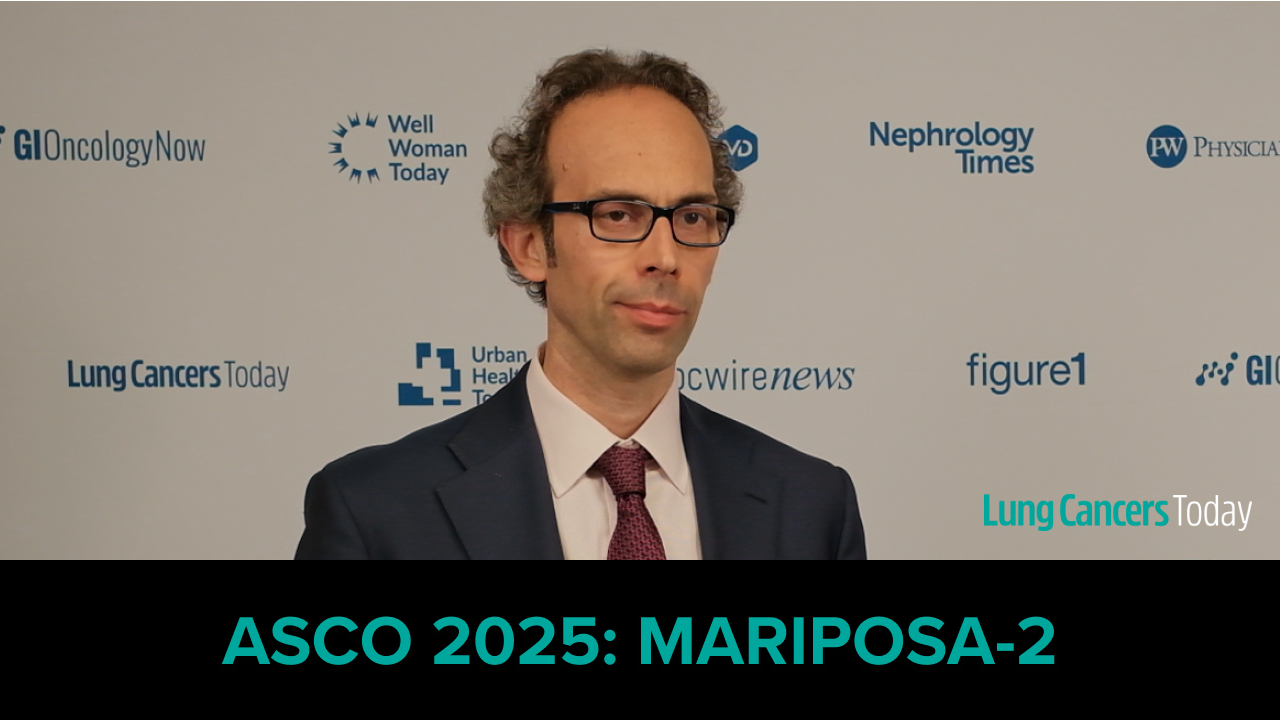
A new study observed an independent association between high body mass index (BMI) and improved survival with atezolizumab in non-small cell lung cancer (NSCLC) patients.
“High body mass index (BMI) is independently associated with overall survival benefit from immune checkpoint inhibitor therapy in patients with melanoma, yet whether BMI is associated with outcomes in patients with advanced non–small cell lung cancer treated with atezolizumab remains unknown,” the authors observed.
For the study, published in JAMA Oncology, individual patient-level data were collected from four international, multi-center clinical trials. Two studies, BIRCH and FIR, were single-arm phase 2 trials, and the other two, POPLAR (phase 2) and OAK (phase 3), were two-arm randomized clinical trials. Advanced NSCLC patients who had not undergone previous treatment or underwent at least one line of systemic therapy who had measurable disease and functional organs and no contraindications for chemotherapy or immune checkpoint inhibitor therapy were eligible for inclusion.
Data were assessed from Feb. 28, 2019, through Sept. 30, 2019. Control patients received docetaxel once every three weeks until disease progression or unacceptable toxic events presented in POPLAR and OAK. The experimental patients received atezolizumab once every three weeks until disease progression or unacceptable toxic events in all four trials. The main outcome was the correlation between BMI and overall survival, progression-free survival, and treatment-related adverse events.
Final analysis included data on 2,110 patients, of whom 1,434 (median age, 64 years; 62% were male) received atezolizumab and 676 (median age, 63 years; 62% were male) received docetaxel. A linear correlation was observed between increasing BMI and overall survival in atezolizumab-treated patients. Obese patients had significantly improved overall survival if they were treated with atezolizumab, but not docetaxel. The most significant association between BMI and overall/progression-free survival was observed in the high PD-L1 expression subgroup. Obese patients with the highest PD-L1 expression category had an overall survival hazard ratio of 0.36, and the overweight group had a 0.69 hazard ratio; progression-free survival hazard ratios were 0.68 and 0.72, respectively. No relationship was observed between treatment-related adverse events and BMI.
“High BMI appears to be independently associated with improved survival with atezolizumab in patients with NSCLC, raising the possibility that baseline BMI should be considered as a stratification factor in future immune checkpoint inhibitor therapy trials,” the study authors concluded.







 © 2025 Mashup Media, LLC, a Formedics Property. All Rights Reserved.
© 2025 Mashup Media, LLC, a Formedics Property. All Rights Reserved.